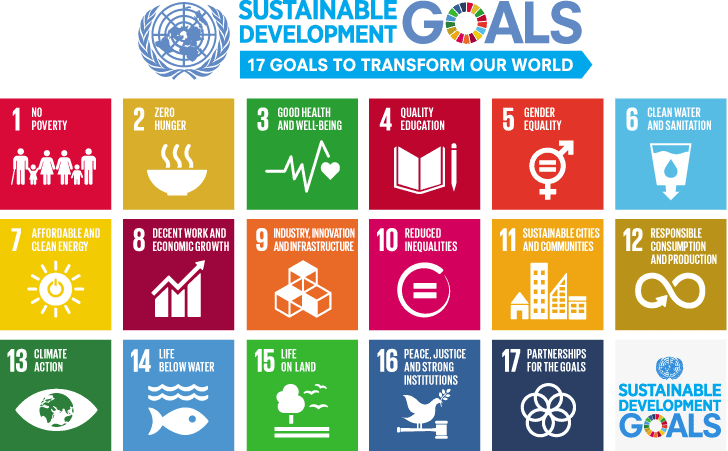Key points
- The European Commission co-funded the ResCoM project, which aimed to develop sustainable product design methodology and tools for closed-loop product systems.
- To assist manufacturers in developing products that align with the envisioned circular economy, the ResCoM project was built on four pillars: design, business models, supply chain, and technology.
- Eurostep was one of the ResCoM project’s technology providers, and the project consortium included twelve organizations from research, industry, and technology.
- The ResCoM project created best practices for developing and testing products for a circular economy, design methodology for multiple lifecycle product development, and a guide for implementing the ResCoM framework toward a sustainable future.
Revolutionizing Sustainable Product Design with ResCoM’s Methodology and Tools
What can baby strollers, steering gears, washing machines and TVs have in common?
You probably are wondering how they are related as these products are so different from each other, or perhaps is it the materials they are made of? Or the same manufacturer/engineers who made them? That question could also be the beginning of a joke. However, they do have a very important attribute in common – they are restorative by design! This is achieved by closing the loop of the resource’s usability through the product’s lifecycle. At Eurostep, as part of our goal towards the development of solutions for sustainable product manufacturing, we took part in the ResCoM project. We did mention ResCoM in one of our previous blogs but this time we’re dedicating a full blog post to it as deserved. The project’s name stands for “Resource Conservative Manufacturing” and through closed-loop product systems, ResCoM tackles the problems of resource scarcity and waste production. To do so, ResCoM uses ShareAspace as its collaborative software platform supporting multiple lifecycle product management, access to material databases, remanufacturing technologies, and best practices.
The project was co-funded by the European Commission as they believe in a systematic approach for the development of circular production systems. As mentioned by the former European Commissioner Janez Potočnik – “Product design based on closed-loop principles could deliver resource performance far beyond incremental efficiency improvements”, highlighting the economic rationale. Design is one of the four pillars of ResCoM along with business models, supply chain and technology, as seen in the illustration above. The project developed a methodology and tools based on those pillars to support manufacturers in developing products that align with the envisioned circular economy. This includes design methodologies for multiple lifecycles, handling the supply chain dynamics of multiple lifecycles as well as supporting innovative business models, and integrating the solution in a collaborative product lifecycle management platform (ShareAspace).
The ResCoM project consisted of twelve organizations across research, industry, and technology. Eurostep is one of the technology providers along with Granta. The Royal Institute of Technology (KTH), Fraunhofer, TUDelft, INSEAD, and Ideal & CO as the knowledge providers. Having four diverse use cases from Bugaboo, Gorenje, Loewe and Knorr Steering Systems (formerly named Tedrive) as the original equipment manufacturers. As well as the Ellen Macarthur Foundation as the independent expert. This strong consortium developed best practices for developing and testing products for a circular economy, design methodology for the development of multiple lifecycle products and a guide for the implementation of the ResCoM framework for the transition towards the development of sustainable products and business models.
Considering recent events, the whole world is in need to transition to a sustainable and regenerative way of co-existing. Companies are increasingly aiming to maintain their products, components, and materials at their highest value. That’s a common interest not only from their costumers’ perspective and legislation but also in larger terms such as the 17 United Nations Sustainable Development Goals. Particularly goals 9, 12 and 17 “Industry, innovation and infrastructure”, “Responsible consumption and production” and “Partnerships for the goals” respectively. Therefore, traceability of the required information is vital for each stage of the lifecycles of a product, and the goals and challenges of sustainability share much in common with Product Lifecycle Management and should be considered synergistic, as mentioned by PLM Global Green Alliance (PGGA). Eurostep shares the vision of a restorative by design sustainable future, and we continue working on expanding ShareAspace capabilities to accomplish that vision.
If you are interested in learning more about the methodologies and tools we developed for ResCoM, contact us at info@eurostep.com and we’ll be happy to showcase to you the capabilities of ShareAspace.
Executive summary
The ResCoM project created a methodology and tools to assist manufacturers in developing circular economy-friendly products. Design, business models, supply chain, and technology were the four pillars of the project. Eurostep was one of the technology providers, and the European Commission helped fund the project. The project created best practices for developing and testing circular economy products, a design methodology for developing multiple lifecycle products, and a guide for implementing the ResCoM framework. The goals and challenges of sustainability are very similar to those of Product Lifecycle Management, and information traceability is critical at each stage of a product’s lifecycle. Eurostep continues to work on expanding ShareAspace capabilities in order to create a sustainable future that is restorative by design.
